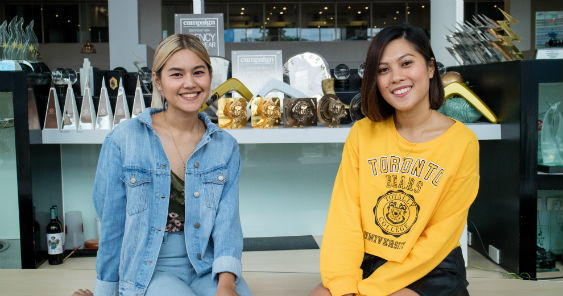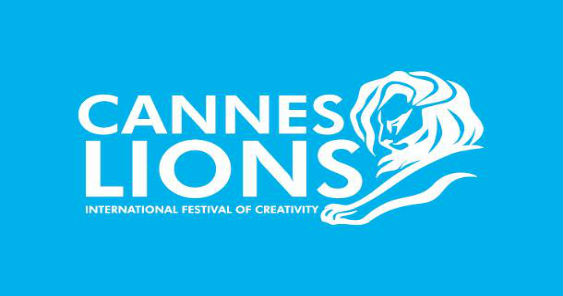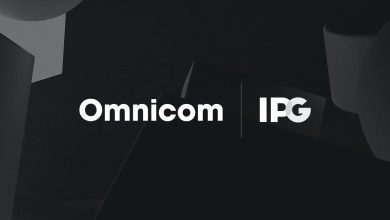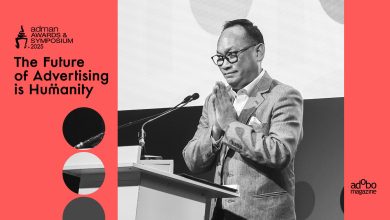MANILA – Representing the Philippines in the upcoming Cannes Lions 2018 is a dream come true for five young, talented creatives who will attend the world’s biggest festival and awards for the creative and marketing communications, entertainment, design, and tech industries.
The talented pair from Ideas X Machina, copywriter Jasper Ilagan and art director Jo “Juice” Aguilar, will be showcasing their remarkable skills in the Young Lions Print competition, where they will be tasked to create a brilliant print ad within 24 hours.

Ideas X Machina’s Art Director Jo Aguilar and Copywriter Jasper Ilagan
Ilagan and Aguilar were chosen to be the country’s representative after winning the local Young Lions competition for a tourism campaign for Boracay which showed the value of waiting for the island to re-open.
Ilagan remarked, “Sobrang excited kami [We are very excited]. Sobrang thankful kami [We are so thankful] to be given the chance to represent the Philippines. Actually dream namin siya from the start eh [It was actually our dream], ever since we were starting our careers in advertising.”
During the Young Lions Print competition, Ilagan and Aguilar will only have 24 hours to exhibit their creative skills through a unique and appealing print ad to a charity’s brief. In addition to being catchy and distinct, the print ad must also motivate and drive action.
Another duo that will emblazon the talents of Filipinas will be Ace Saatchi & Saatchi’s digital savvies Samantha Teaño and Lea Valenzuela. Teaño and Valenzuela won the IMMAP Cyber Competition for their ‘Project Unfriend’ social media movement which opened the opportunity for them to represent the country in the Young Lions Digital Competition.

Ace Saatchi & Saatchi’s digital experts Samantha Teaño and Lea Valenzuela
“We will bring the same attitude we had when we joined IMMAP Cyber Competition which is to learn. It’s kind of exciting!” Teano said. “It is overwhelming and there is pressure, of course, because we will be representing the Philippines. It’s a big deal for us to join this competition, considering that it is Cannes,” Valenzuela added.
The team will compete against other digital experts from across the world in the Young Lions Digital competition. Participants will also be given 24 hours to develop an integrated social media campaign that uses both the platform and the technology behind it to solve a charity brief.
After forming the campaign, they then need to present their creative insight behind their campaign, their recommended solution and an explanation of how it would work. The team will be expected to use a maximum of three social media platforms in their supporting material.
A resident at Dentsu Jayme Syfu and University of Asia and the Pacific M.A. IMC student Katrina Olan has been chosen to represent the country in the Cannes Lions Roger Hatchuel Academy. It is a five-day international training course for selected marketing communications students across the globe designed to equip them with the knowledge they need to secure a role within the competitive creative industry post-graduation.

Dentsu Jayme Syfu resident and University of Asia and the Pacific M.A. IMC student Katrina Olan
Olan said, “It has always been my dream to represent the country for the Roger Hatchuel Academy. When I first entered my university, UA&P, and learned about all the student delegate being sent to Cannes, I never let go of the dream that I would too. Being chosen is a great responsibility since I’m carrying the name of my school and my country. I hope that I can deliver, but at the same time, I know I’ll have lots of fun! I’m looking forward to learning all sorts of perspectives on creativity.”
About Cannes Lions
Established in 1954, Cannes Lions International Festival of Creativity is the world’s biggest festival and awards for the creative and marketing communications, entertainment, design, and tech industries. Now on its 65th year, the festival will run from June 18-22. To know more, www.canneslions.com.








